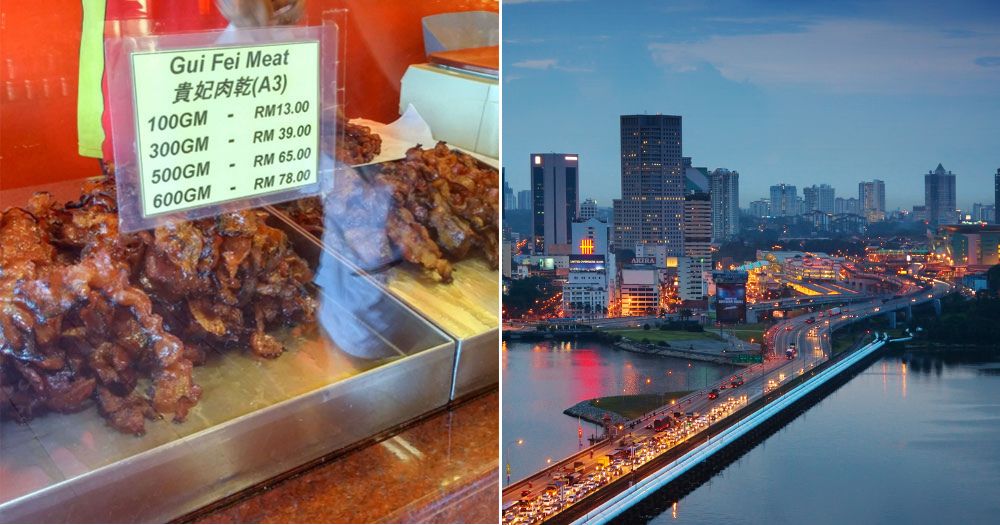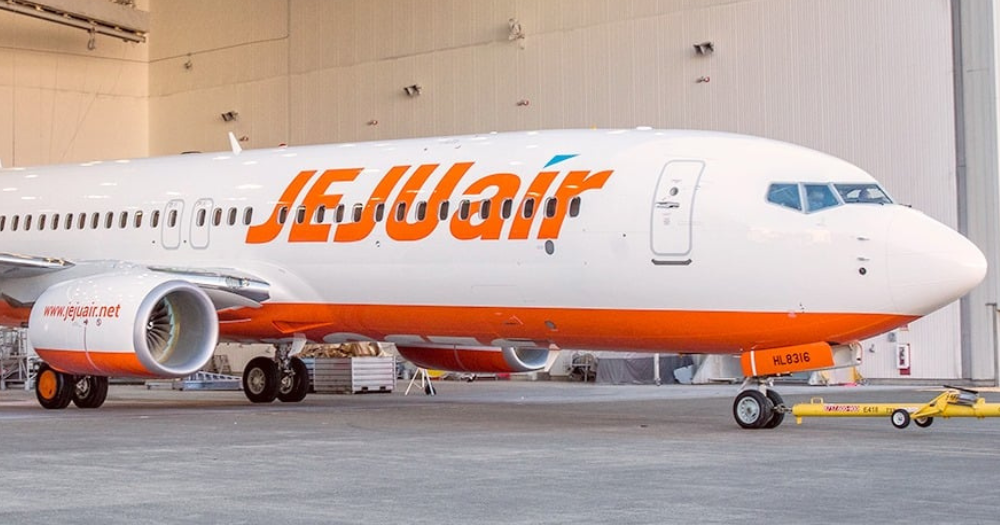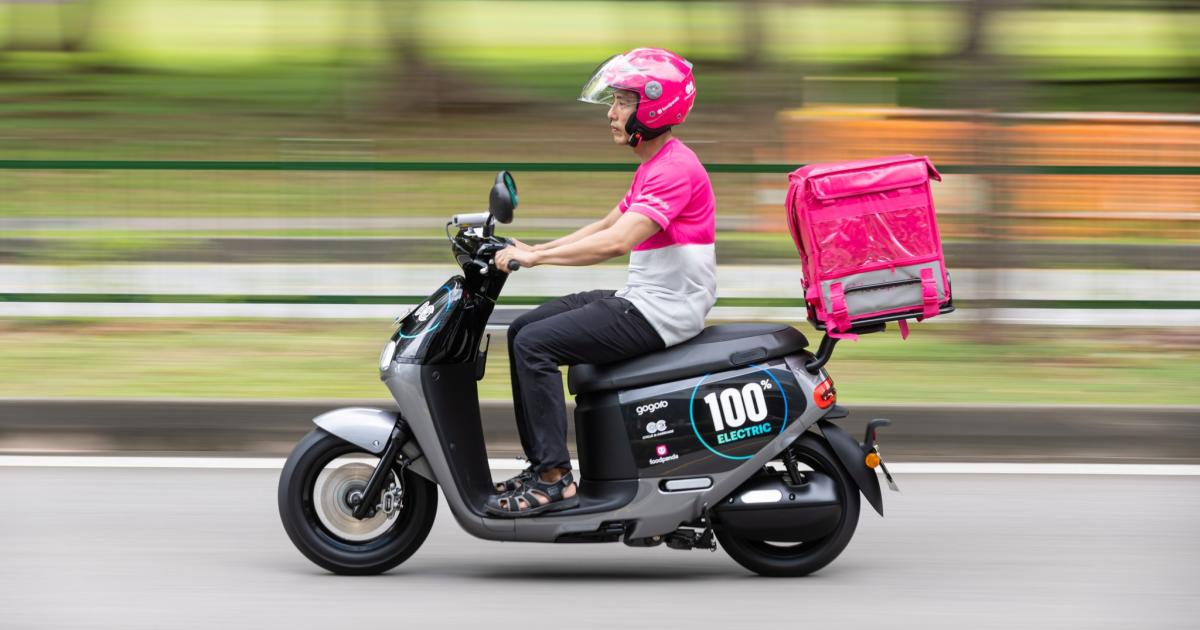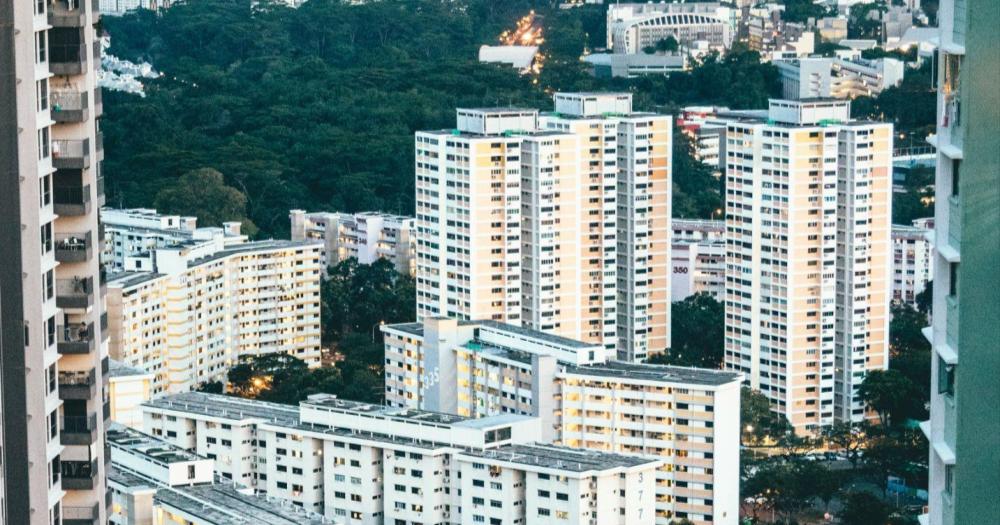Not just about saving dollars & cents, S’pore govt payouts support S’poreans in more ways than expected
GST Voucher, COL Special Payment, CDC Vouchers, etc.
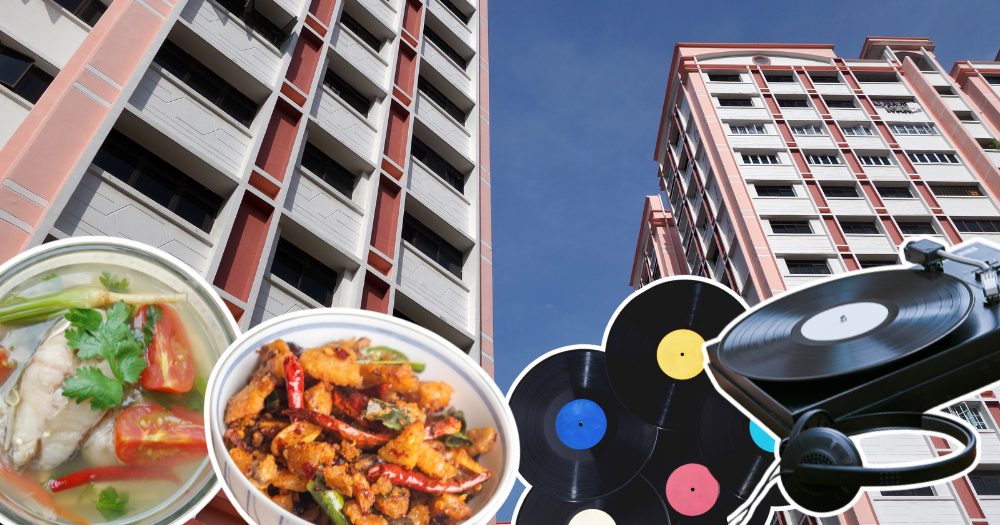
With that, 2024 is coming to an end. And what a year it has been.
The 2024 Budget support measures have been a consistent topic of conversation, especially as people navigate their daily lives with help from these initiatives.
As we reflect on the year past, we spoke to some Mothership colleagues about the support they received in the past year.
Announced on Feb. 16, the Budget saw numerous schemes and measures to help Singaporeans, from more support for childcare and up-skilling, to support measures to manage cost of living pressures, among others.
Of vinyls and supporting niche local businesses
Cost of living pressures is a key concern for Singaporeans, and the Assurance Package (AP) was further enhanced at Budget 2024 to help Singaporeans with their living expenses.
The AP enhancements made at Budget 2024 include cash, rebates, and vouchers.
Among the enhancements made to the AP, all Singaporean households will receive S$600 in Community Development Council (CDC) vouchers. The first S$300 was disbursed in June 2024, and the remaining S$300 will be disbursed in January 2025.
For Guan Zhen, she discovered that her neighbourhood vinyl shop accepts CDC vouchers, and she couldn’t be happier.
“Vinyl records aren’t exactly a necessity, but it’s nice to be able to support local shops in this way.”
For her, the initiative isn’t just about practicality—it is also about building a sense of community by keeping smaller, local businesses thriving.
Building routines and making friends
However, for most of us, it might be more common to opt for purposes that are more practical, such as for daily expenses for food.
Which was the case for Nigel and his wife, as they used their CDC vouchers at a local mala eatery for dinner.
What started out as a casual outing soon turned into a cherished weekly routine when they would end their 5km runs with a hearty mala meal.
“It’s a small thing, but it made us more intentional about spending time together,” Nigel shared.
The two ended up befriending the eatery owner over the course of their repeated visits.
S$0 utility bills? Nice.
Beyond these payouts, eligible Housing and Development Board (HDB) households also received up to S$950 of U-Save rebates.
As a new homeowner of a 3-room flat, Todd admitted that he was slightly baffled by how his household’s U-Save rebates worked initially.
“My wife and I were paying S$0 for our utility bills for a while, and it was confusing,” he said with a chuckle.
But he quickly appreciated the savings, citing that the rebate gave him one less thing to worry about while managing other household expenses.
U-Save rebates fall under the GST Voucher scheme that was first implemented in Budget 2012.
The scheme also includes cash, MediSave top-ups, and Service and Conservancy Charges (S&CC) rebates to help lower-and middle-income Singaporean households with their expenses.
For Budget 2024, the government added S$6 billion to the GST Voucher Fund to help defray expenses for lower- and middle-income households.
NS LifeSG credits: Singaporean sons’ new love language
Do you have a Singaporean son at home?
For Joni, her husband made her work-from-home mornings brighter with his S$200 LifeSG credits.
“He uses them to buy me breakfast. It’s a small gesture, but an incredibly sweet one,” Joni said.
Joni's husband certainly lives by the mantra, 'Happy wife, happy life’.
These credits not only recognise the contributions of national servicemen but also offer flexibility, allowing them to be spent on a wide range of goods and services that cater to the needs of all Singaporean sons and their families.
And many others
As part of the government’s efforts to support Singaporeans’ healthcare needs and build up their medical savings for old age, a one-time MediSave Bonus has also been credited to eligible Singaporean adults.
The government also introduced the SkillsFuture Jobseeker Support scheme to help those who are involuntarily unemployed. The scheme sees them receiving up to S$6,000 over six months while they undergo training and look for jobs.
As for the younger generation, the monthly childcare fee cap at government-supported preschools will be lowered to S$640 for Anchor Operators and S$680 for Partner Operators. This means these preschools will not be able to charge fees exceeding these fee caps, and when coupled with means-tested subsidies, eligible families will enjoy savings for their children's overall childcare expenses.
These are just some ways that the government is supporting Singaporeans in coping with cost-of-living concerns amidst economic uncertainties.
Wonder what could be in store for us in the Budget 2025.
This branded article by the Ministry of Finance has the author looking forward to Budget 2025.
Top photo via Canva
MORE STORIES









